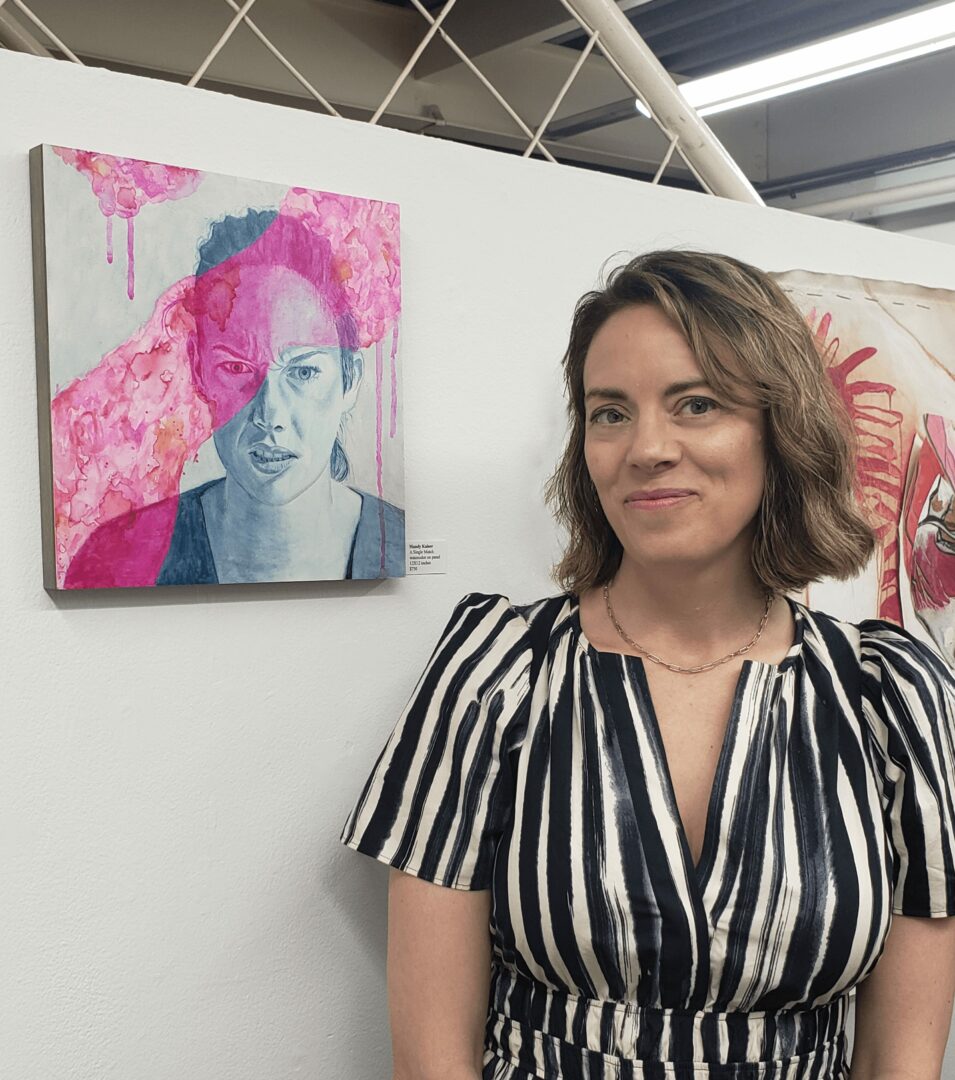We were lucky to catch up with Mandy Kaiser recently and have shared our conversation below.
Hi Mandy, thank you so much for opening up with us about some important, but sometimes personal topics. One that really matters to us is overcoming Imposter Syndrome because we’ve seen how so many people are held back in life because of this and so we’d really appreciate hearing about how you overcame Imposter Syndrome.
I’ve had a version of imposter syndrome in many aspects of my life, in my career and otherwise. Like many women, I was socialized to believe that other people have more expertise and knowledge than me, and that I should probably defer to them. I fell into the pattern of signing up for courses and continuing to get more training in order to try to feel more confident in what I was doing. My first career was as a Speech-Language Pathologist. I had a masters degree, with years of training in that field, but still felt the discomfort of thinking that I needed to “fake it till I make it.”
Partially because of this imposter syndrome, it took me many decades to get to the place I am now, which is working as a full-time artist. In some ways, my confidence grew slowly over time as I continued to take risks, both big and small. The bigger risks included quitting my first career and moving into doing graphic design, and then finally transitioning into doing fine art. And there are a multitude of smaller daily risks (or actions that feel risky, at least!) involved in creating art, calling yourself an artist, sharing your artwork, and stretching beyond your comfort zone. In other ways my imposter syndrome was hacked away in large pieces at a time, particularly when I came into contact with other women artists who modeled a self-confidence and a surety about their art, their profession, and their lives. In other words, I saw how it was possible to believe in yourself. The self-belief was attractive, and witnessing others shedding their imposter syndrome was a huge reason that I was able to let go of mine.
Being an artist can be a very vulnerable way of life. It is impossible to separate yourself from your work, and that is a good thing. But because of this, it is even more important to have a good handle on your own sense of self and your relationship with yourself, with your work, and with others who interact with your work. I really need to be standing on firm ground mentally in order to make good art and to be in a position to sell it. So I don’t want to give imposter syndrome any space in my brain – it’s unnecessary and unhelpful, and more importantly it’s a remnant of old stories that were created in the first place to make other people feel more comfortable.
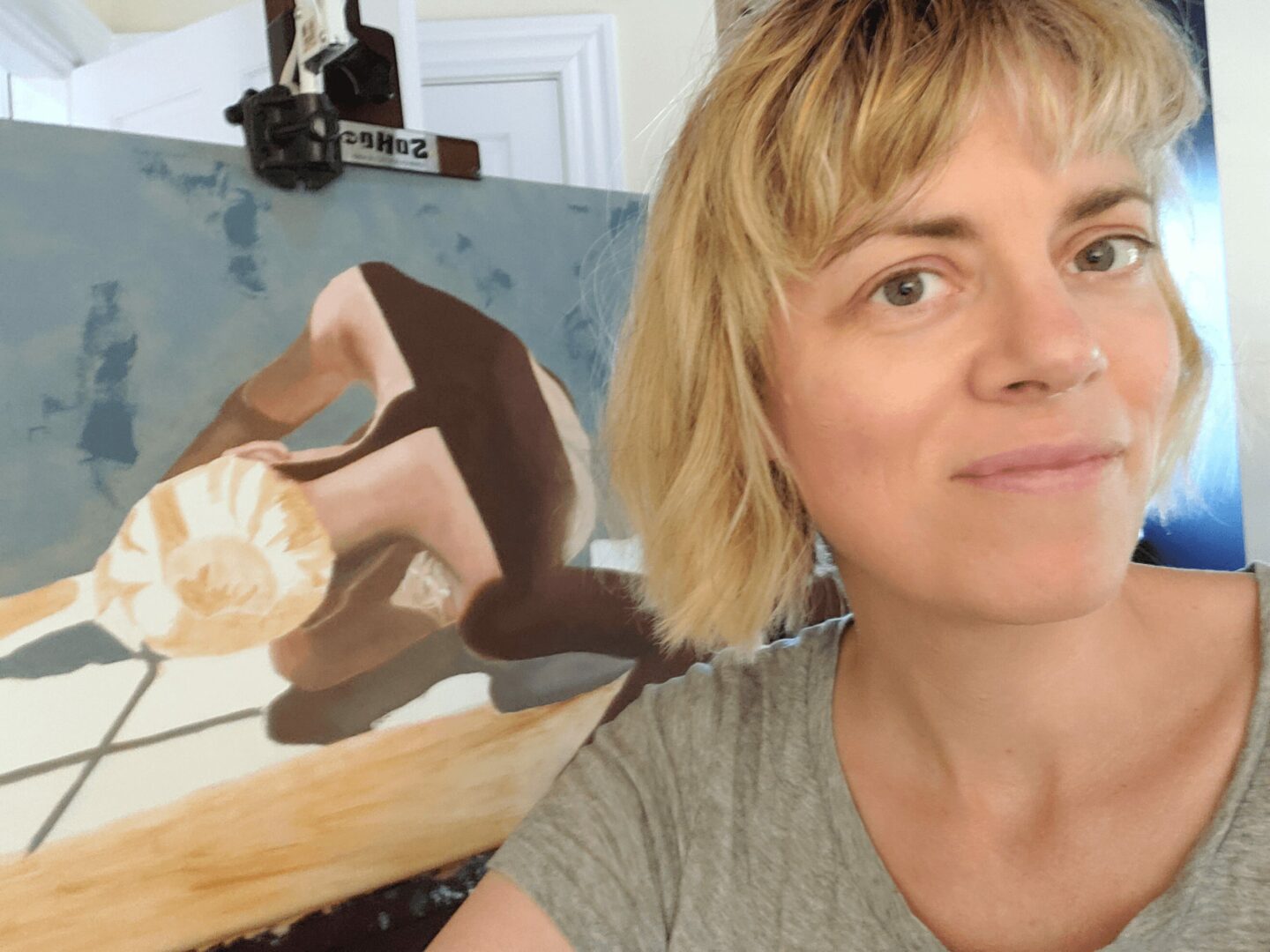
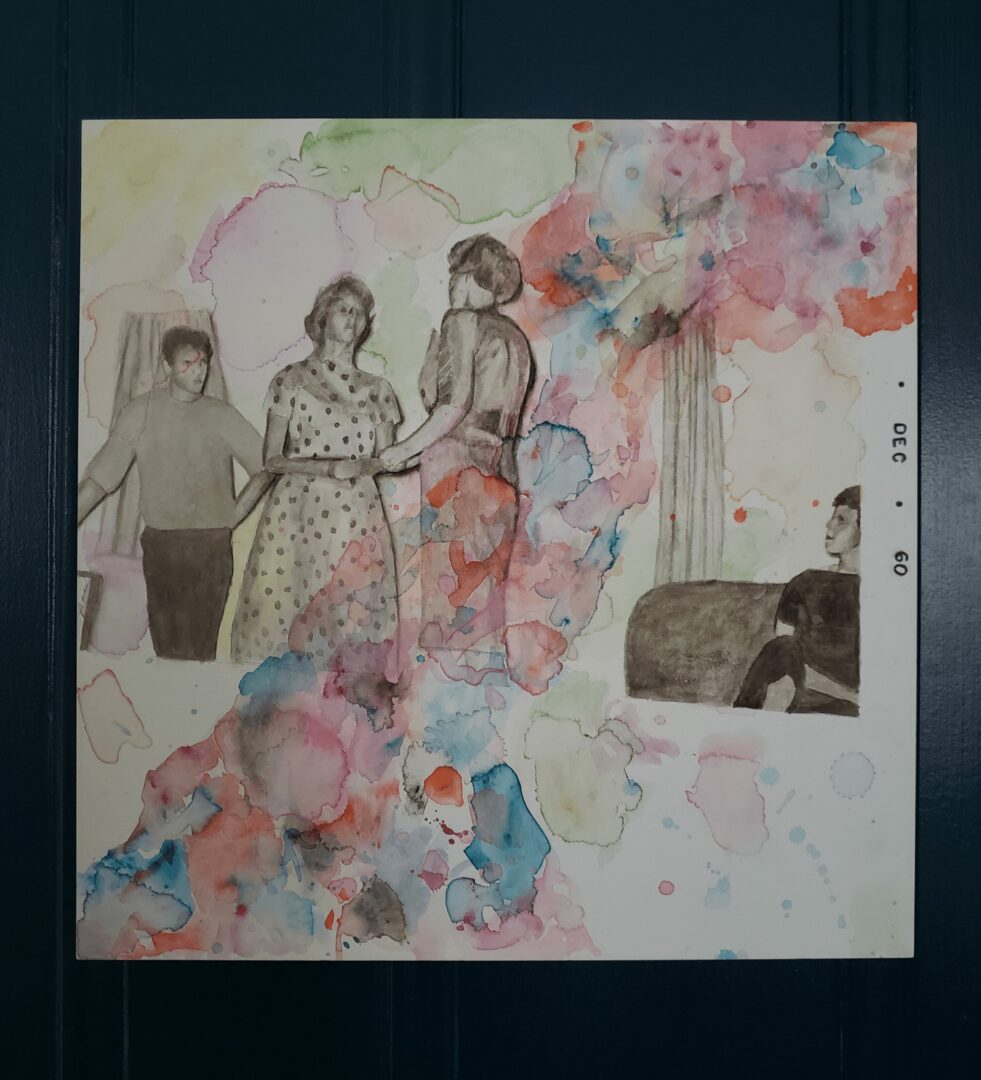
Thanks, so before we move on maybe you can share a bit more about yourself?
I am a visual artist. I create works in oil and watercolor paint as well as textiles to explore my own personal and family history and to connect with others who have been through traumatic or difficult experiences. My art mixes abstraction with figurative realism. Currently I’m working on a series of artworks which will be exhibited in 2025, using old family photos as references. Through these works I’m interested in constructing and reconstructing family histories that are mysterious to me, either because they were never told or they were misremembered. I have original paintings for sale now and will begin offering prints in August 2024.
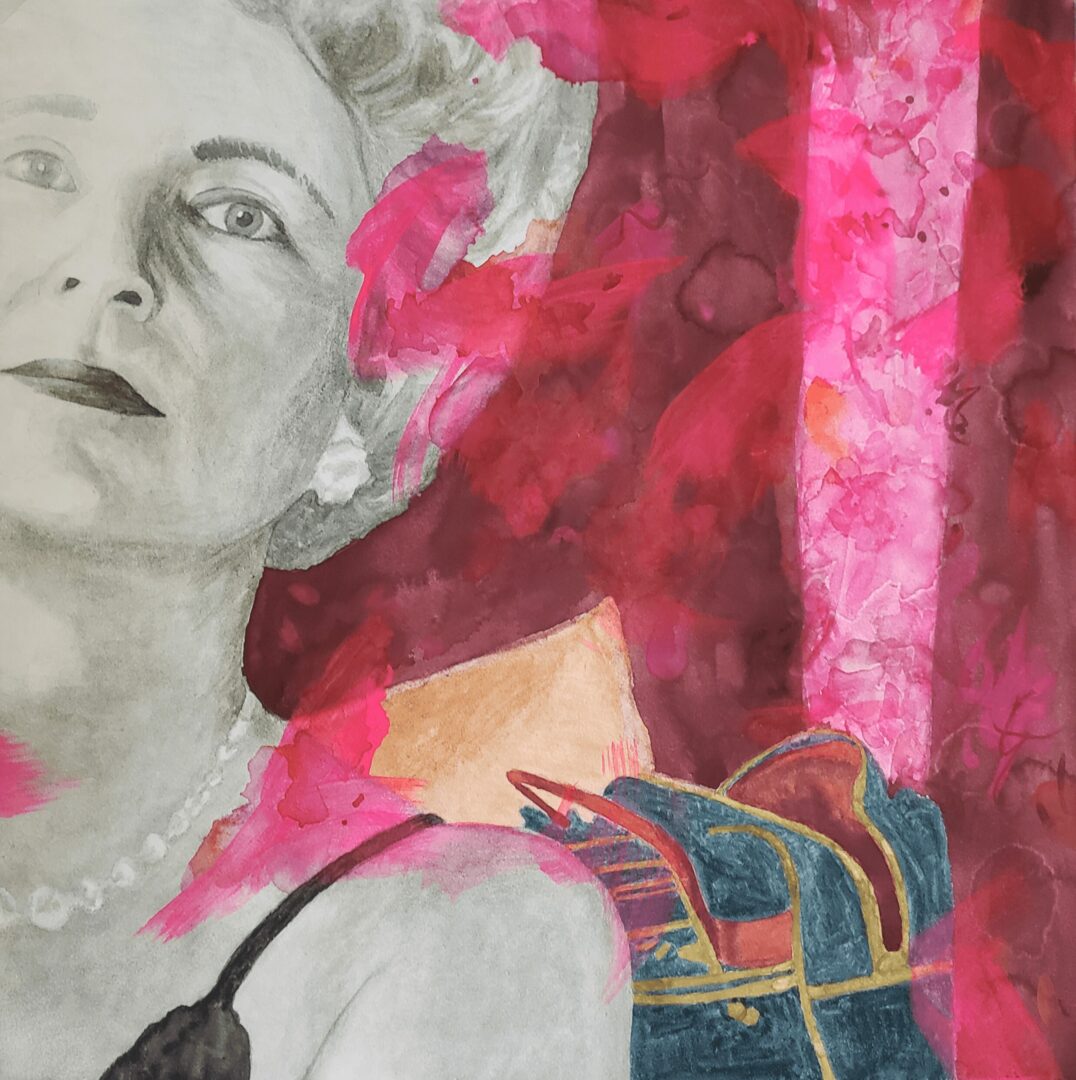
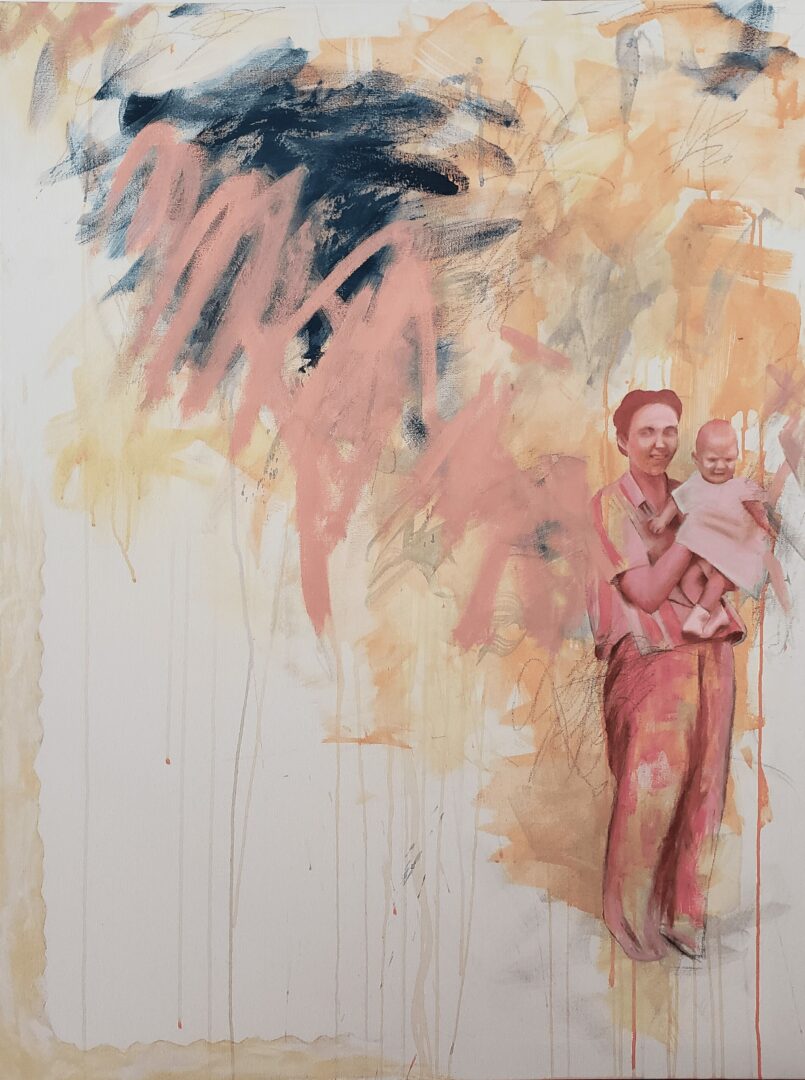
Looking back, what do you think were the three qualities, skills, or areas of knowledge that were most impactful in your journey? What advice do you have for folks who are early in their journey in terms of how they can best develop or improve on these?
It took huge leaps of self-belief to come to the point where I knew I could become an artist, after thinking my whole life that I wasn’t capable or “talented” enough to do so. Those leaps did not come all at once, but rather slowly over many years. So doing my own personal self-work, such as going to therapy, reading books about psychology and development, and practices like meditation and journaling helped me form a different self-concept than I had when I was younger. This is not something that reading or learning alone will accomplish, though – it has to be paired with taking more risks and doing things that feel uncomfortable or scary in order to prove to yourself that you can survive and be successful in a new area. For me, too, I did a lot of work on reducing my anxiety, which was a stumbling block and made it difficult for me to pursue an artistic career. Another thing that has greatly impacted me on my journey is joining groups of people who are working through similar things, hoping to achieve similar goals, and whose purpose is to support one another. Feeling connected to others, learning from their journeys and insights, and having (and being a source of) support have been instrumental in me being where I am now. This can be an informal group of friends or colleagues, or a more structured group with weekly meetings. For me the structured groups made the biggest impact, but I think some of it has to do with how introverted or extraverted a person is. And the quality that always helps, no matter what your goal is, is persistence. I believe that so much success in life is simply about not giving up. It can be very hard sometimes to keep going, especially when you have failures or it seems like it is taking too long to get to where you want to go. Of course you don’t want to be blindly following a path without any regard to whether you have the needed skills or knowledge to do well in that field. And you also want to always evaluate if your goals or values have changed since you first set them. But otherwise, persistently and stubbornly believing in yourself and what you want to achieve is really the only path to making it happen.
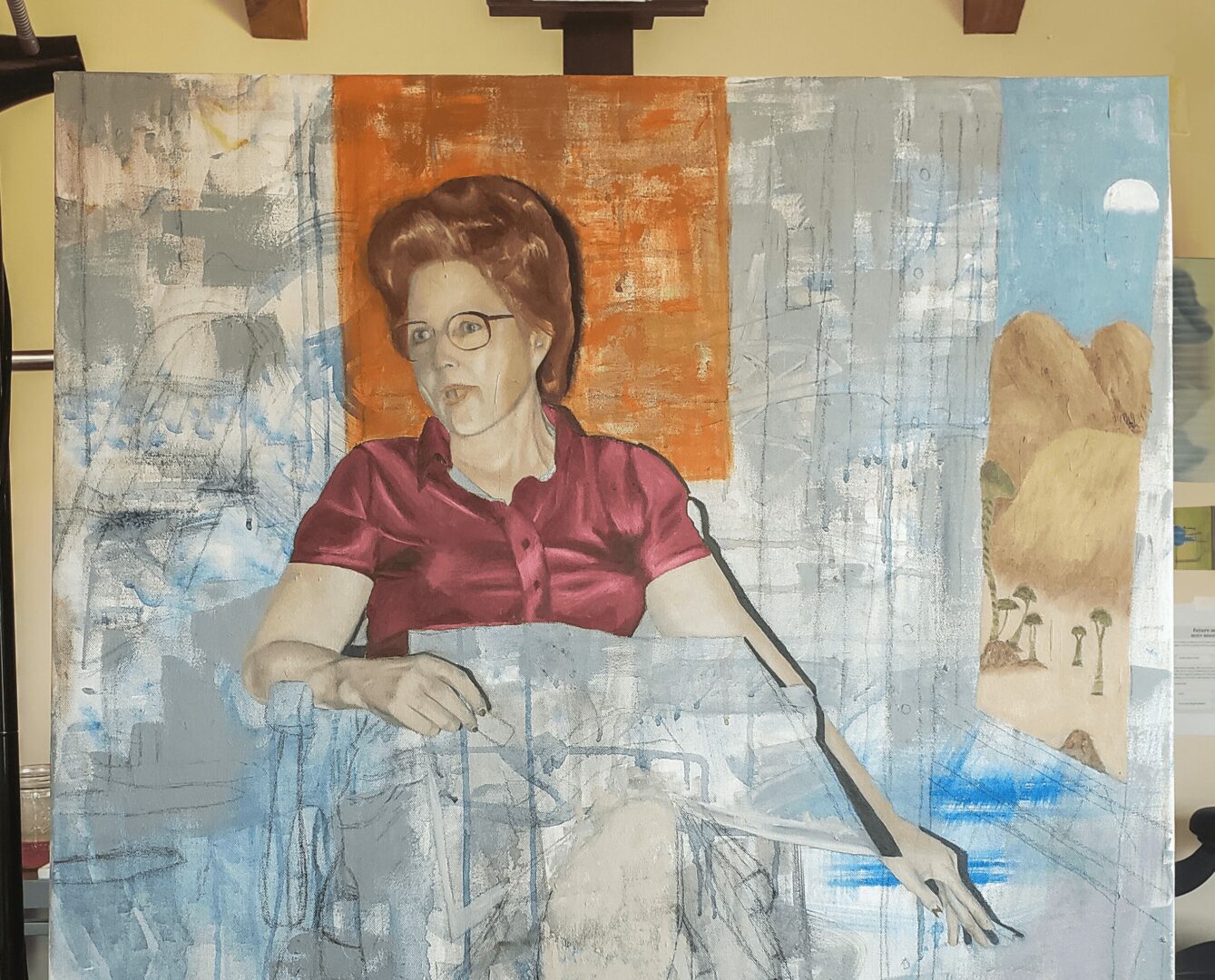
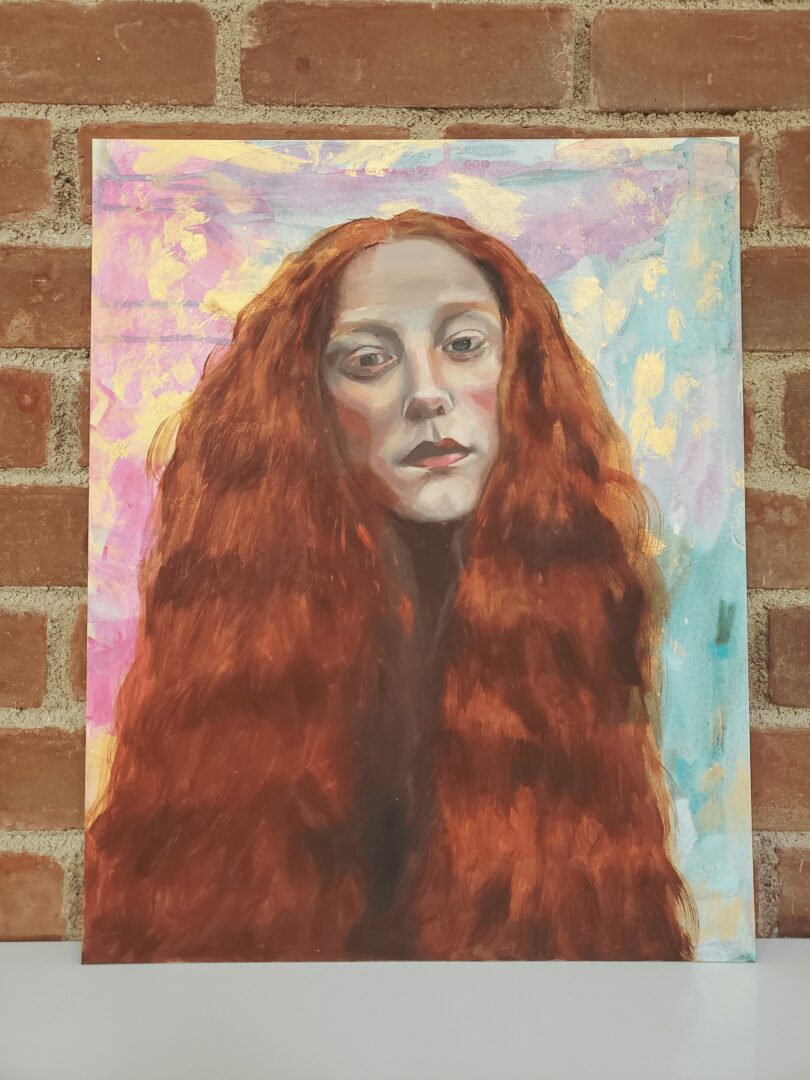
Before we go, any advice you can share with people who are feeling overwhelmed?
I often feel overwhelmed! It’s the legacy of a lifetime of anxiety. But I’m so happy to say that I have many more ways of coping with this feeling now. It’s helpful to take five minutes to breathe and write things down. If you have more time, then ten or twenty minutes is even better. Sometimes it feels like you don’t even have five minutes to spare, but it’s an investment that is really worth it. A little breathing or meditation practice, even if it’s for a minute, helps you to orient yourself and feel a little less “frantic.” And then write down what is happening, where the overwhelm is coming from, and most importantly what small steps you can take to organize your thoughts and plan your day. People often suggest making a list of three things to accomplish for the day, and that has worked for me when I’m feeling like I don’t know where to start. It’s good to remember, too, that it is normal to feel like three things (or one thing if that’s all you can do) is “not enough.” When you seemingly have a mountain to climb, it may feel useless to take only three little baby steps, like you are never going to get to the top. But what matters is the forward movement, and taking action despite fear or overwhelm. You will eventually realize you’ll *never* climb that mountain, and that getting to the top isn’t even important. But you will find yourself so much higher than you thought you would ever reach, and it will only motivate you to keep going once you show yourself what you are capable of.
Contact Info:
- Website: https://www.mandykaiser.art
- Instagram: https://www.instagram.com/mandykaiser.art
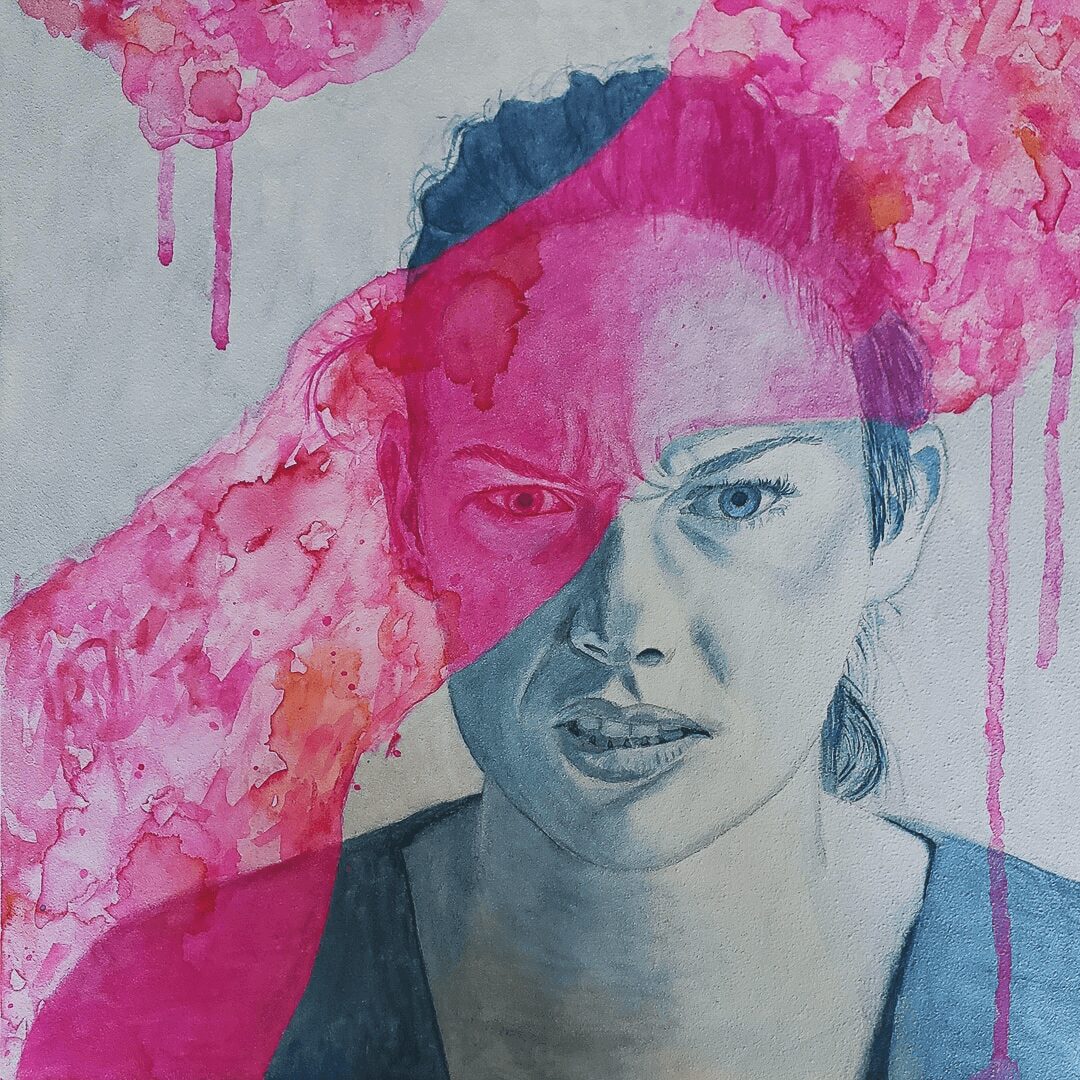
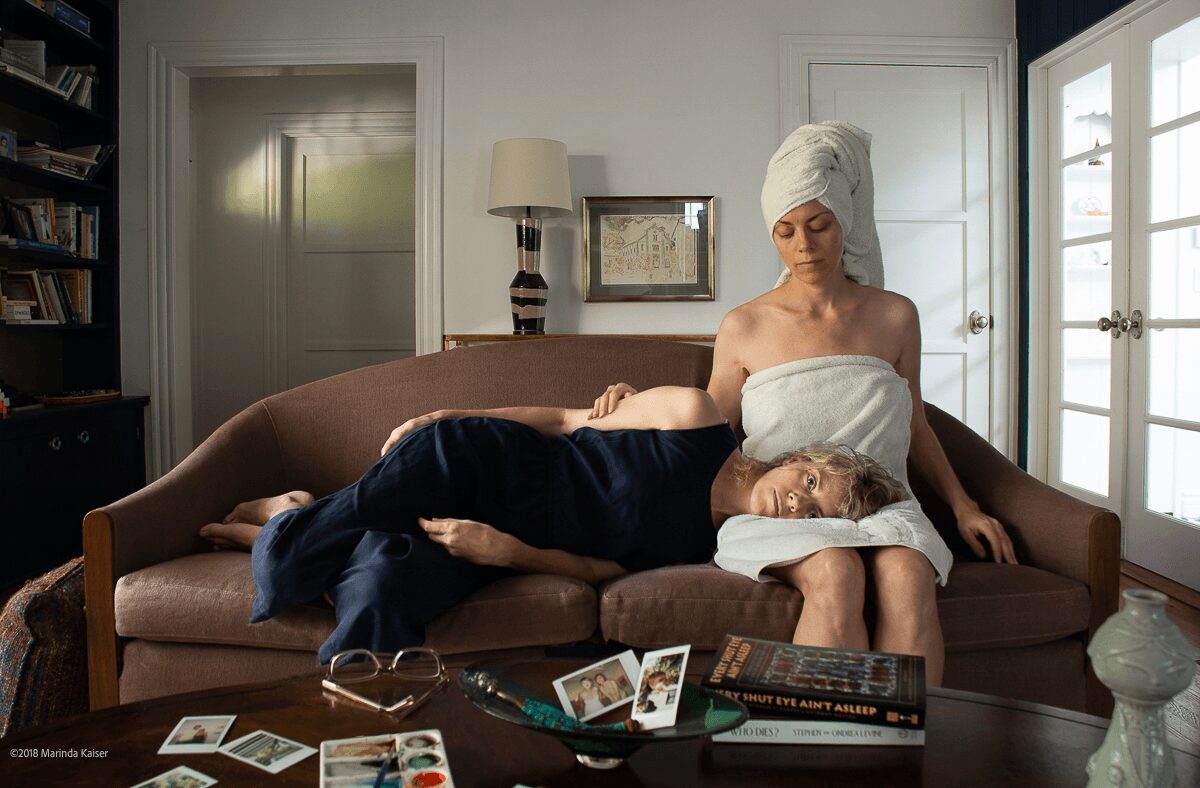
Image Credits
Mandy Kaiser
so if you or someone you know deserves recognition please let us know here.

